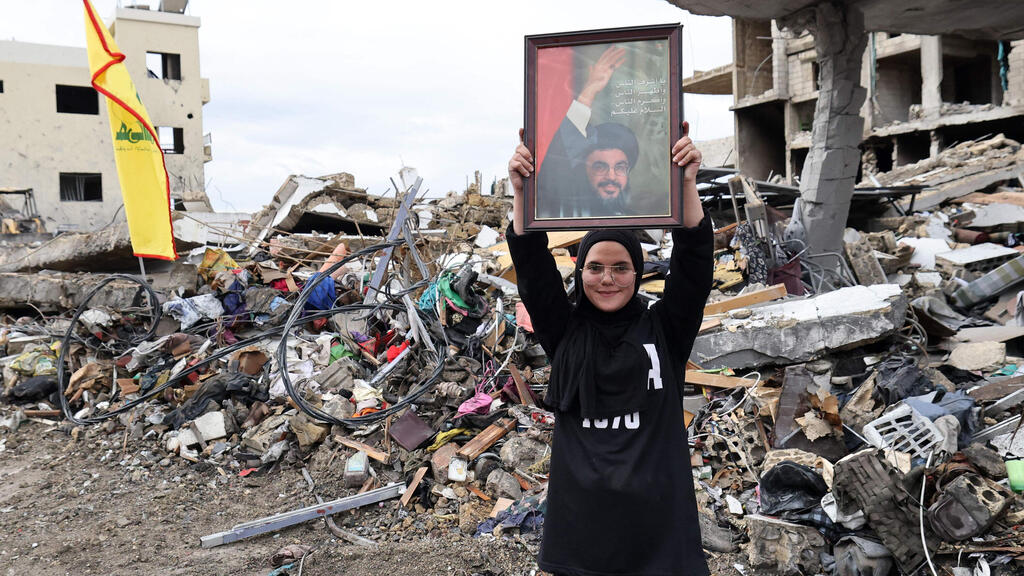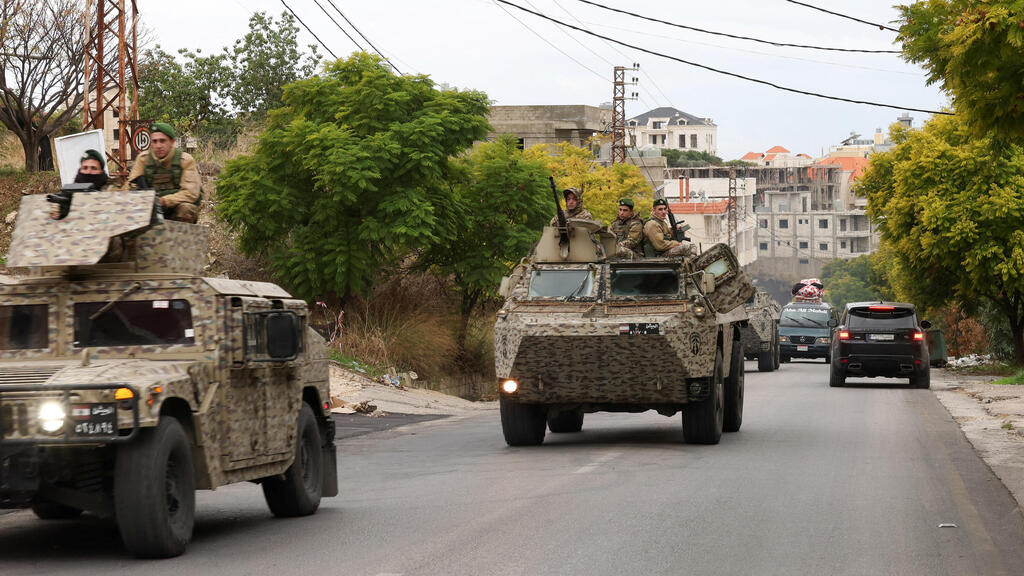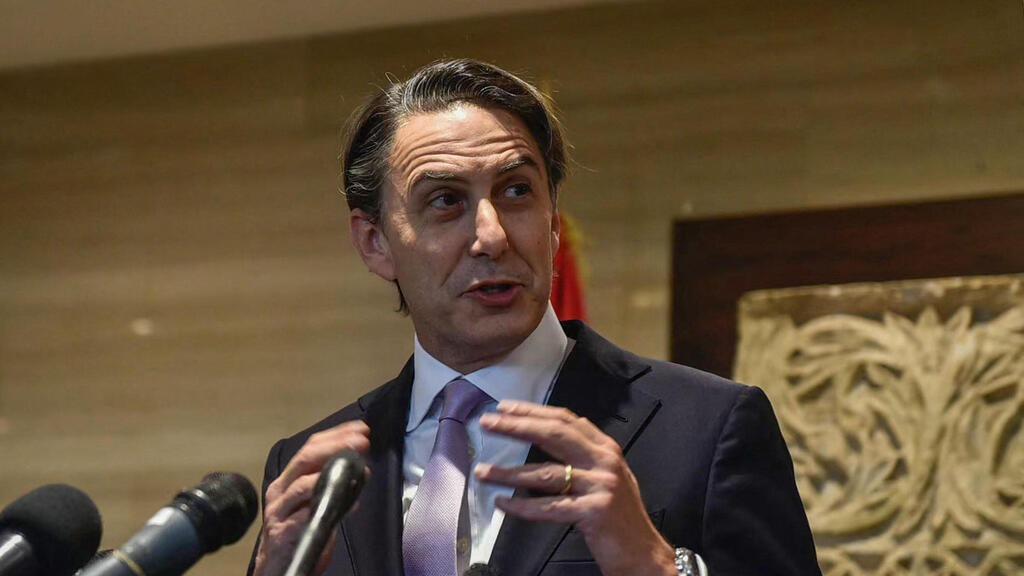Getting your Trinity Audio player ready...
Prime Minister Benjamin Netanyahu requested a cease-fire in Lebanon last October, describing the timing as strategic, White House special envoy and chief mediator in the cease-fire talks Amos Hochstein revealed Wednesday.
"The moment was right. It culminated in about a week before the elections in the United States, at the end of October, Netanyahu asked for me to come out. We met, we decided this was the right time," Hochstein said during a call with representatives of American Jewish communities.
Amos Hochstein interview on MCNBC explaining the cease-fire deal
Hochstein linked the Lebanese agreement to a potential Hamas hostage deal, suggesting that resolving hostilities in the north has left Israel focused on a single front.
"The Lebanese deal here opens an opportunity on the hostage deal," he said. "The president could not have been more clear and I know that everybody always blames the Israelis about everything, but the president was very clear that Hamas has not come to the negotiating table in good faith for months but here's the deal, they will. They wake up this morning at 4 a.m. with Hezbollah, that used to be actively supportive of Hamas on the northern front, ending the conflict. Israel is now not distracted by two fronts. It is fighting a one-front war, and there's no cavalry coming from the north anymore for Hamas."
Hochstein praised U.S. President Joe Biden’s commitment to resolving the hostage crisis, emphasizing the urgency to act before the U.S. presidential transition. "The president is refusing to let the hostages stay in tunnels or in some other horrible condition that they're in for three more months because the United States has a transition period. We're not going to wait," he said.
He highlighted Biden’s unwavering support for Israel and the Jewish people during both his terms as president and vice president under Barack Obama. "When October 7 happened, he went to Israel against the advice of some security officials. When the Iran threat was there, he deployed more military personnel and equipment to the Middle East to defend Israel, not once, but twice," he said.
Despite occasional tensions with Netanyahu, Hochstein called the U.S. Israel’s most important ally, citing Biden’s ability to prevent international boycotts or punitive actions against Israel. "The reason the United States is so important is because when other countries want to abandon Israel, or when they're going to the Security Council, or they're going to the G7 or the G20, thinking of boycotts, to go after Israel, it needs the president of the United States to convince those countries not to do that," he said. "He has that credibility, so he can call presidents of countries and say, 'Hey, buddy. Don't do this. Stop what you're trying to do.'"
Hochstein detailed the complexities of negotiating the Lebanon cease-fire, describing it as a war between Israel and Iran via Hezbollah. He clarified that while the cease-fire is permanent, IDF forces would temporarily remain in southern Lebanon to allow time for the Lebanese army to deploy.
He emphasized that, unlike the 2006 cease-fire, this agreement includes an enhanced mechanism involving France, the U.S., Lebanon and UNIFIL to address violations promptly.
Get the Ynetnews app on your smartphone: Google Play: https://bit.ly/4eJ37pE | Apple App Store: https://bit.ly/3ZL7iNv
"In 2006, the war ended with a cease-fire that had no implementation effort whatsoever. That has to change," he said. "We have taken a mechanism that already existed, that Israel had already established together with Lebanon and UNIFIL, called the tripartite mechanism, and we enhanced it to include France and the United States."
Hochstein said this mechanism would be able to respond to reports of violations quickly and added that Israel would be able to act if violations are not dealt with.
"Biden has been very clear with everyone and instructed me to negotiate a deal that Israel and Lebanon maintain the right of self-defense under international law. Israel continues to maintain that right. So does Lebanon," he said. "If there's a direct threat to Israel that is not addressed by this mechanism or by the appropriate authorities in Lebanon, and it poses a continuous threat, Israel will take care of that threat on its own. That is what the president said in very clear terms. I'll just say we have other channels to verify that Hezbollah is aware of its obligations."










